
Written by: Hurmat Majid
Posted on: April 05, 2023 |  | 中文
| 中文
The Bohra Thal
Ramazan is a month of fasting and spiritual reflection observed by Muslims worldwide. It is also an opportunity to gather with loved ones and indulge in delicious foods. Pakistani Bohra, Kokani, and Memon communities have their own unique Ramazan food traditions that reflect their cultural identity and culinary expertise.
The Bohra community, primarily concentrated in Gujarat, India and Karachi, Pakistan, has a rich culinary heritage that blends Indian, Middle Eastern, and East African flavors. During Ramazan, the Bohras have a special iftar meal called Niyaz, served communally in a Thaal shared among family and friends. The meal consists of savory snacks like samosas and kachoris, and sweet dishes like phirni and sevaiyaan.
A traditional Bohra meal starts with a pinch of salt, believed to clear the gut, cleanse the palate, and help fight diseases. Interestingly, unlike the conventional pattern of eating, a Bohra meal starts with desserts called 'mithaas', followed by savories termed 'kharaas'. One of the signature Bohra dishes is the "Palidu," a creamy, savory porridge made with broken wheat, lentils, and meat. Another popular Bohra Ramazan dish is Dabba Gosht, a slow-cooked lamb curry made with aromatic spices, typically served with naan or rice.
The Kokani Muslim community, known for its unique blend of coastal and inland cuisine, resides in the Konkan region of India. Their cuisine is heavily influenced by the region's coastal location, with a focus on seafood, spices, coconut, and vegetables. During Ramazan, the Kokani Muslims have a special iftar meal called "Nombu Kanji," a thick, spicy porridge made with rice, lentils, and meat, usually served with a side of pickle or chutney.
Sol Kadi, a drink made with tangy kokum or aamsol and coconut milk, cools down the digestive system after eating spicy food. Khatkhate, a delectable Konkan curry with coconut, toor dal, vegetables, and triphala is best eaten with steamed rice. Bangda Masala fry, in which Bangda fish is cooked in a spicy masala made with guntur chilies, cloves, coriander seeds, pepper corns, coconut toddy vinegar, cumin seeds, garlic and fennel seeds, is another popular Kokani Ramazan dish. Sannas, toddy-fermented rice cakes, can be eaten as is or with some vindaloo. Chillay, also known as desi pancakes, is a common sweet dish from the Kokani community made with a flour batter and sprinkled with powdered sugar on top.
The Memon community, primarily concentrated in Sindh, is known for its unique blend of Mughlai and Sindhi cuisine. During Ramazan, Memon iftar meals consist of a variety of dishes, including savory snacks like samosas and pakoras, and sweet dishes like jalebis and gulab jamuns. One of the most significant aspects of Memon Ramazan food traditions is the concept of Sabeel, a charitable initiative that provides free food and drinks to those in need, or for those stuck in road traffic and unable to reach home in time to enjoy their family's iftar spreads.
During Ramazan, Memons often make a special version of biryani called "Kachay Gosht ki Biryani." It's made with marinated meat that is layered with fragrant basmati rice and cooked slowly over a low flame, allowing the flavors to meld together and create an aromatic balance of flavor.
Other traditional Memon dishes include Memoni Khausaay, a Burmese-inspired curry and meat dish with noodles and various toppings, and Memoni Dhokrey, a vegetable stew with flour dumplings. Hara Lehsun is another dish, made of garlic scapes, mashed bajra roti, and baingan ka bhurta (eggplant which is mashed in cooking). Other dishes include: Bajrey ka Pakoray, pakoras made with mince and bajra flour instead of gram flour; Qeema Masoor, a pulao made with mince, masoor and potatoes; Akhni, a spicier version of the pulao, made with cumin seeds, curry leaves, red chilies, potatoes and tomatoes; Dhokla, a light snack shaped like patties made with gram flour, which is put aside to set until firm and stewed in a tomato curry, and finally, Gur Papri is a sweet delicacy made with edible gum, flour, gur and dry fruits.
While each community has a completely different palate and enjoys a variety of dishes ranging from savory snacks to sweet delicacies, the one commonality between them is the way they all come together during Ramazan to share their food with loved ones and those in need, which is the true spirit of Ramazan.
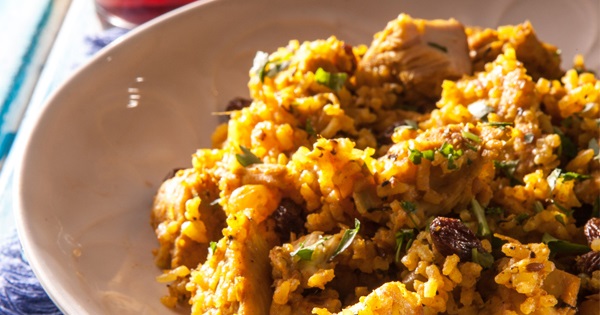
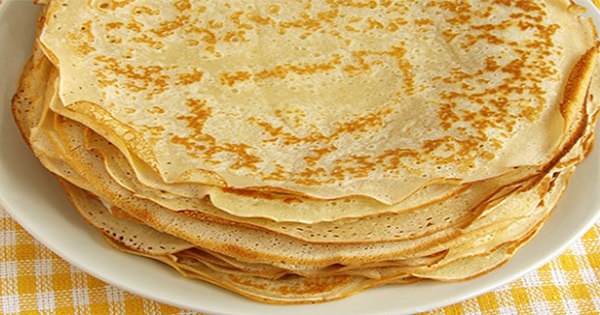
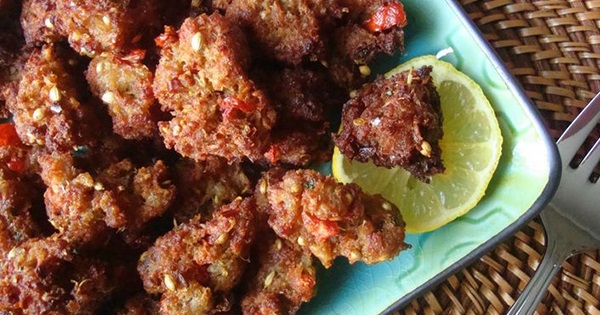
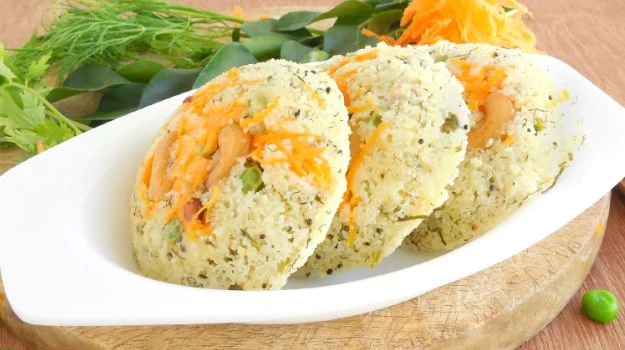
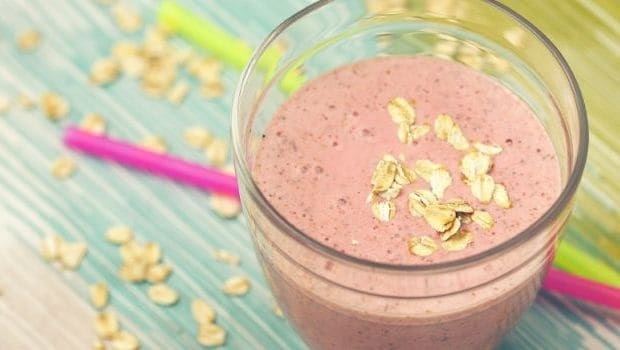
You may also like: